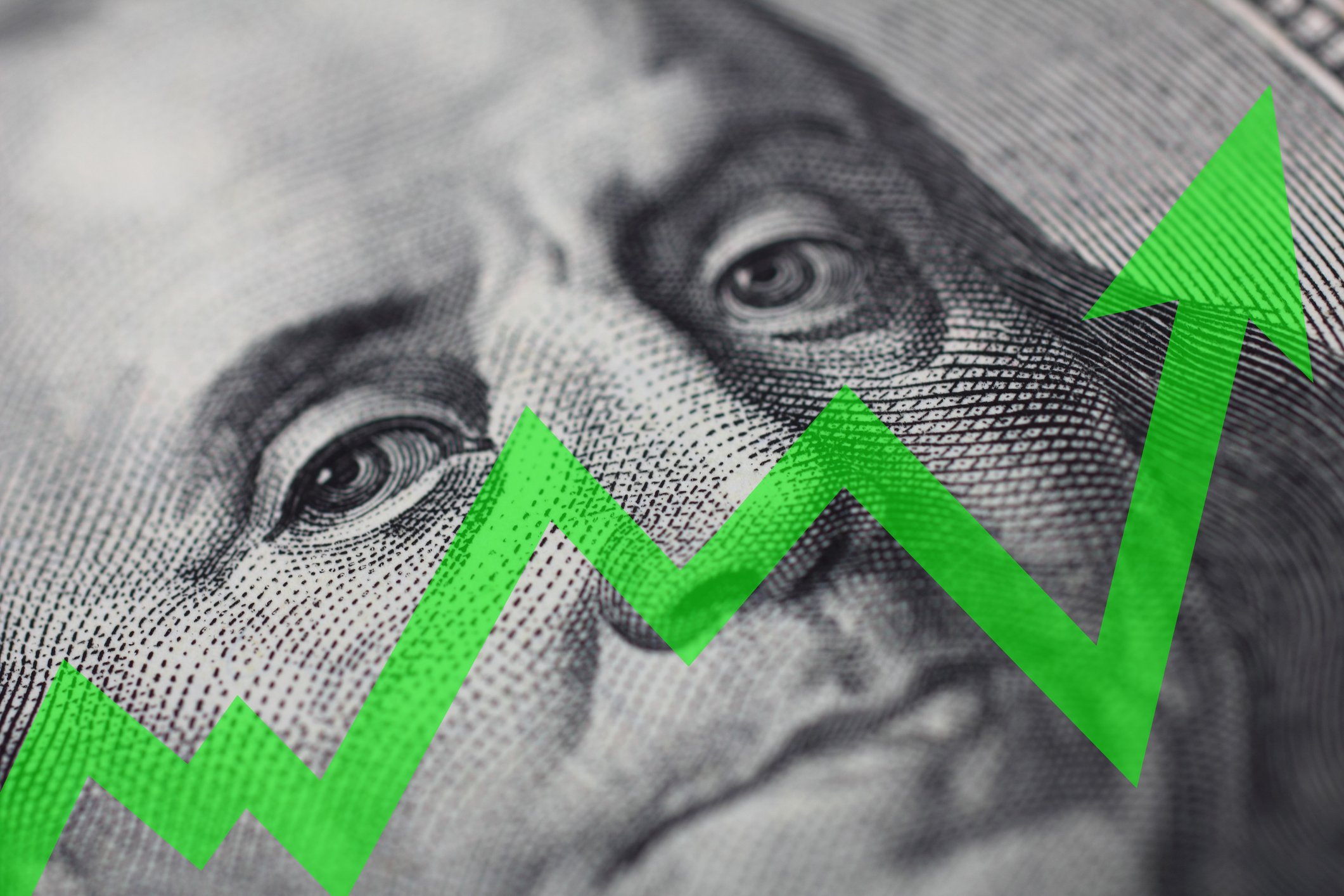Billionaire investor Bill Ackman has become one of the modern-day must-watch investors. Ackman runs Pershing Square Capital Management, which manages a stock portfolio for Pershing Square Holdings. Pershing's equity holdings are valued at roughly $12 billion, and Ackman has aspirations to turn Pershing into the next Berkshire Hathaway.
This makes all of Ackman's moves incredibly interesting to market watchers, who are always trying to see what some of the best and brightest investors are up to. In the current quarter, Ackman and his team at Pershing recently disclosed that they sold one of their railway stocks "with regret" in order to purchase a Magnificent Seven stock at a "uniquely attractive time."
Selling a railway stock due to tariffs
Although these recent stock moves by Pershing likely won't show up in filings until August, Ackman, along with Pershing's management team, discussed them on a recent quarterly earnings call. The first big move Pershing disclosed was the decision to sell Canadian Pacific Kansas City (CP +0.08%), a Canadian railroad holding company.

Image source: Getty Images.
Pershing first purchased a stake in the business in 2022. The railway operates in Canada and the U.S., moving numerous commodities and consumer goods through 13,000 miles of rail that goes through areas such as Quebec, British Columbia, and the Northeast and Midwest regions of the U.S.
In 2023, Canadian Pacific completed its $31 billion acquisition of Kansas City Southern to form this company, which also gave it access to transportation routes in Mexico. The acquisition made Canadian Pacific Kansas City the only railroad company with a single-line railway connecting Canada, the U.S., and Mexico.

NYSE: CP
Key Data Points
The stock has performed pretty well during the past five years, up close to 67% (as of May 23). During the call, Ackman said: "[T]his is one of those positions where we sell with regret, but want to be super clear that we think extremely highly of the Canadian Pacific team, [CEO] Keith [Creel] as a person and as a leader." Pershing's Chief Investment Officer Ryan Israel added that while Canadian Pacific is a "wonderful business... we judged actually it was one of the more sensitive businesses economically and to tariffs relative to the rest of the portfolio."
Continuing to buy the Mag Seven
Pershing already owns shares of Alphabet, but the reason the fund sold Canadian Pacific was so it could make room to buy Amazon (AMZN 0.37%) at a "uniquely attractive time," according to Israel.
Israel noted that Pershing's approach involves following hundreds of businesses that the fund would like to own when the price and potential returns become attractive. Amazon fell into that bucket after the sell-off in April. Pershing likes the fact that Amazon has two strong businesses with the retail e-commerce platform, as well as Amazon Web Services (AWS). AWS services the cloud needs of other companies in a more efficient manner than companies could do so on their own, according to Israel:
Amazon is sort of the 800-pound gorilla in that business (cloud), where there's only three players and they have over 40% market share, and we think the future is incredibly bright for that business... less than 20% of all of the IT workloads are actually in the cloud today. We think going forward maybe as much as 80%... should be in those types of environments. So that part of the business is amazing.
While AWS might be the big draw for many, Israel said Pershing really likes the revenue diversity and also appreciates the scale Amazon has been able to amass for both businesses, which creates higher profit margins. In the first quarter of the year, AWS revenue rose 17% year over year. Furthermore, Chief Executive Officer Andy Jassy previously said he thinks that many sellers on its platform would be able to pass some of the higher costs from tariffs on to consumers.

NASDAQ: AMZN
Key Data Points
While Amazon has significant exposure to China, tensions have de-escalated somewhat with both countries lowering tariff rates. Trading at less than 34 times forward earnings, Amazon's valuation is much lower than its five-year average of 39. Consumer spending on the platform may slow in a recessionary environment, but I'd expect the company to be able to navigate most economic environments, and the promise of the AWS business alone makes the stock appealing.









